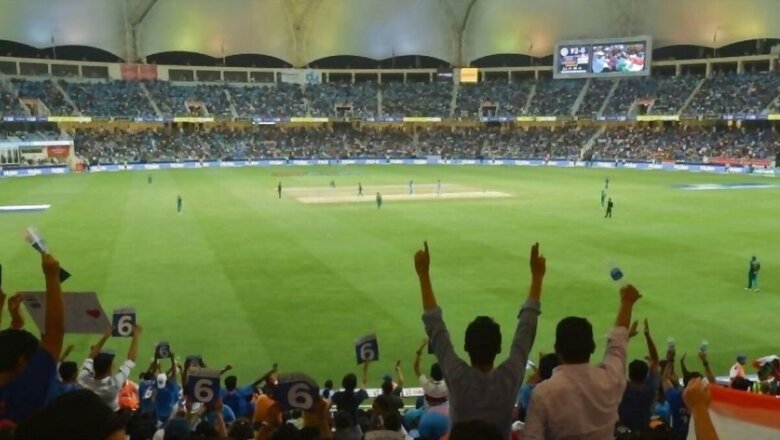
views
After the grand success of the Indian Premier League (IPL), the BCCI is planning to introduce a second-tier white-ball tournament, as early as 2024. The IPL has been one of the most profitable aspects for the Indian cricket board, generating huge revenue for more than a decade.
Also, the cash-rich tournament has helped elevate T20 cricket across the globe, prompting other nations to start similar leagues.
And now, the idea is to have another league to drive the popularity of the sport, probably a T10 format.
K Shriniwas Rao has reported for Money Control that the BCCI secretary Jay Shah is working on a blueprint for the new league.
The board has identified a window between September and October to conduct it and even the stakeholders, including potential sponsors, are giving a big thumbs-up to the idea.
The BCCI is currently mulling over the following points:
- Should they go ahead with the idea of a T10 league or stick to T20?
- Should there be an age cap for the players?
- Should the tournament be played in India or have a new venue every year?
- Should the franchises for this new league be sold through a separate tender process or can the existing IPL franchises be given the right of first refusal (there’s a mention of it in the existing contracts)?
The existing contracts between the BCCI and the IPL teams give the franchises the right of first refusal to any business model that the BCCI wishes to launch which is ‘similar’ to the IPL.
Key focus
The Indian cricket board is also thinking of introducing an age bracket to the new tournament.
“Else, what’s the guarantee that it will not begin to eat into IPL’s popularity over the years? Right now, the IPL’s biggest strengths are a) It caters to Indian prime-time like no other cricket property; b) The world’s best white-ball cricketers participate in the league; and c) Corporate India looks forward to spending big on the league at multiple levels, thus ensuring the upkeep of the property’s central revenue model.
“Whenever the BCCI decides to launch a new property, points a and c will always continue to remain the same given that cricket sells like no other product in India. It is point b that the BCCI might want to think twice about,” say those tracking developments.
There are several cricket boards across the globe which aren’t earning from the sale of home bilateral rights that allow them to sustain in the long run. In that case, a potential revenue-sharing model with the BCCI could help these boards financially.
Meanwhile, the Kingdom of Saudi Arabia has already shown major interest in partnering with Indian cricket. A travelling tournament looking for a host nation in the Gulf to fulfil its financial needs is the kind of infusion a newly proposed league would require.




















Comments
0 comment